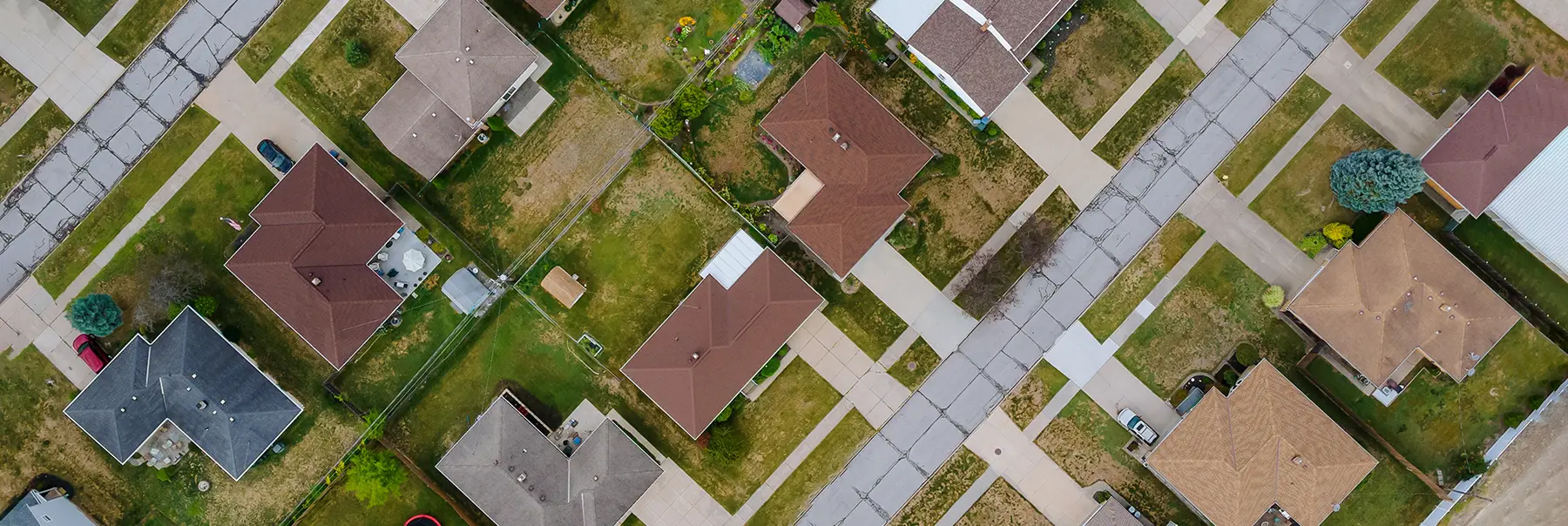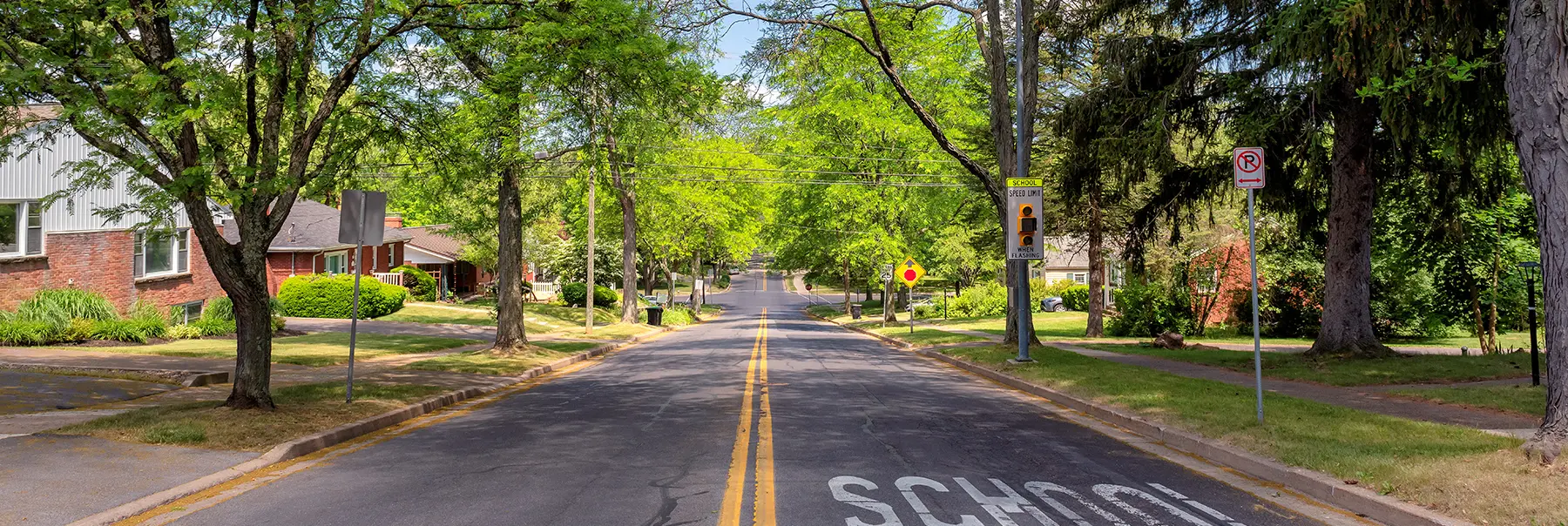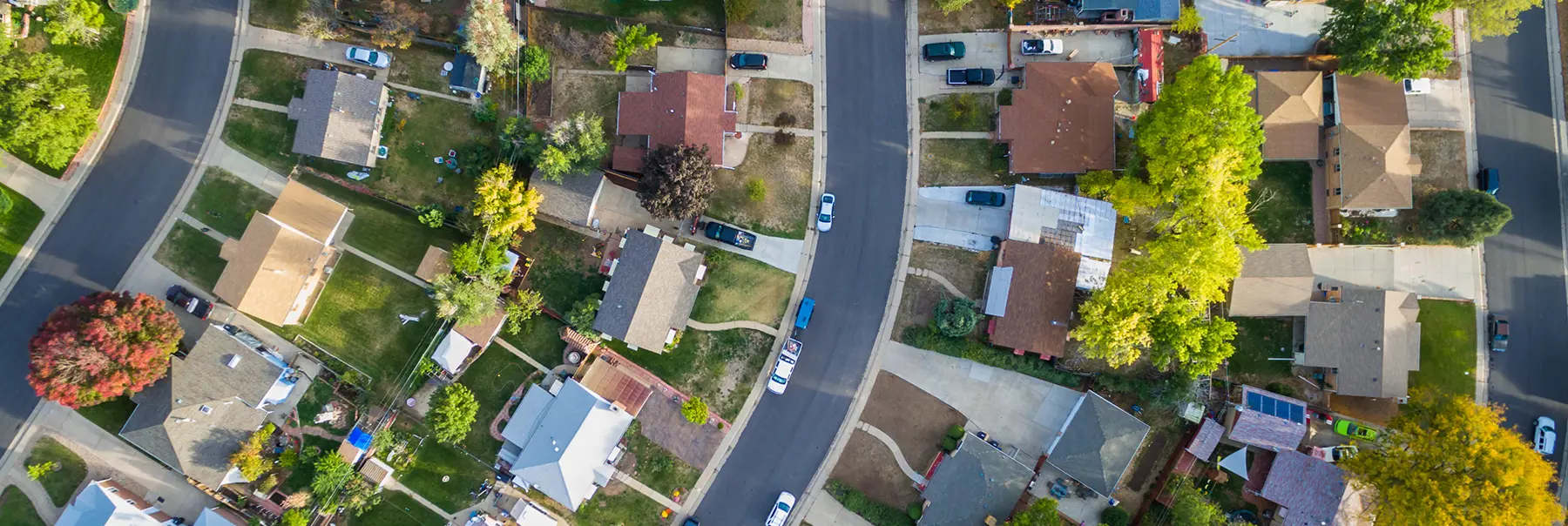In recent months, Ohio homeowners — especially older adults — have seen a rise in unsolicited offers to buy their homes. While some of these offers may seem appealing at first, many are tied to a practice called real estate wholesaling, which can put homeowners at risk of losing thousands of dollars in home equity.
What Is Wholesaling?
Wholesaling is a practice where an individual, often an investor, signs a purchase contract with a seller at a price below market value. Instead of buying the property themselves, the wholesaler then sells or “assigns” that contract to another buyer at a higher price, pocketing the difference. If they can’t find a buyer, the deal may fall apart entirely, leaving the seller in limbo.
While wholesaling is not currently illegal in Ohio, it is unregulated. That lack of oversight creates opportunities for confusion, frustration, and even exploitation — especially among seniors who may not realize the true value of their property.
Why It’s a Concern for Older Homeowners
State agencies, including the Ohio Department of Commerce Division of Real Estate and Professional Licensing (REPL) and the Ohio Department of Aging, have issued a Consumer Alert. They warn that older adults are being targeted with offers that seem “too good to be true” but are often far below fair market value.
In addition to wholesaling, seniors may be approached with other complex arrangements such as sale-leasebacks or reverse mortgages. While not all of these are inherently predatory, they can carry hidden costs and risks that make homeowners vulnerable to financial loss or even displacement.
Red Flags to Watch For
According to Ohio REALTORS®, there are several telltale signs that you may be dealing with a wholesaler:
- “Attorney in fact” arrangements: Some wholesalers use a Power of Attorney that lets them market and sell the property as if they were the owner.
- Fully assignable contracts: If a purchase agreement allows the buyer to assign the contract without the seller’s consent, it’s often a signal the buyer plans to flip the deal.
- Authority to market before owning: If someone insists on marketing the property before they officially own it, chances are they are acting as a wholesaler
Protecting Yourself and Your Loved Ones
If you or a family member receives an unsolicited offer, take the following steps before agreeing to anything:
- Verify whether the individual is a licensed real estate professional.
- Request a comparative market analysis from a local REALTOR® to determine the home’s true value.
- Consult with trusted family, financial advisors, or an attorney before signing.
- Be cautious of anyone using high-pressure tactics or rushing you into a decision.
Where to Get Help
- Verify Licensing / File a Complaint: Ohio Division of Real Estate & Professional Licensing — webreal@com.ohio.gov | 614-466-4100
- Report Suspected Scams: Ohio Attorney General’s Consumer Protection — 800-282-0515
- Local Assistance: Contact your Area Agency on Aging for resources and support.
Bottom line: Your home is often your most valuable asset. Don’t let wholesalers or unlicensed individuals take advantage of you. By working with a trusted local REALTOR® and knowing the red flags, you can protect your financial well-being and housing security.






